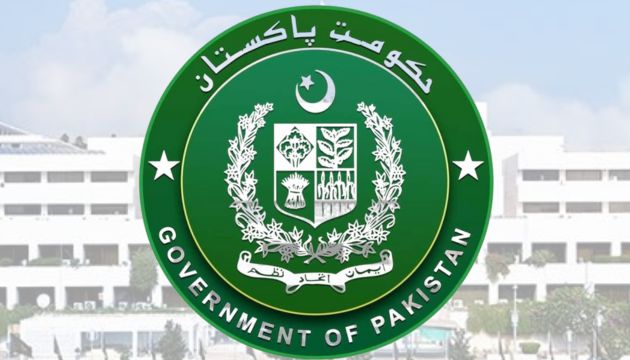ISLAMABAD: Under rightsizing, the Ministry of Industries and Production has identified 16 relevant institutions for possible closure or privatization out of its 29 meetings, as part of a comprehensive strategy for rightsizing and privatization.
As per report, government stated that institutions failing to achieve their targets within six months will be closed. The remaining institutions are being reviewed under public-private partnership models.
This was disclosed by the Minister for Industries and the Additional Secretary while briefing the Senate Committee.
The Minister for Industries said the government is considering the closure or privatization of 16 institutions, including important entities such as the National Fertilizer Company (NFC), Pakistan Automobile Corporation (PACO), the National Productivity Organization (NPO), and the Utility Stores Organization.
He said, “We will continue to closely monitor the performance of these institutions over the next six months. If they fail to perform, we will not hesitate to close them down.”
The portfolios of Pakistan Automobile Corporation, Pakistan Engineering Company, and Republic Motors were also discussed. The Additional Secretary, while answering a question regarding SMEDA, said that some institutions, including SMEDA, are important for the industrial system.
Their closure will have serious consequences. He added that the aim of this move is to improve operations and increase efficiency.
Minister Rana Tanveer Hussain stated that underperforming institutions will be closed within six months, while others may be restructured under public-private partnerships.
The government is focused on improving the industrial sector, and important institutions such as the Small and Medium Enterprises Development Authority (SMEDA) will remain under state control.
Read More: China to provide 21 fire, rescue vehicles to CDA Islamabad
The minister made these remarks while briefing the Senate Standing Committee on Industries and Production, chaired by Senator Aon Abbas Bappi. He emphasized that the government plans to improve operational efficiency by eliminating underperforming institutions in a phased manner.
“Underperforming institutions will be closed down,” Hussain said, highlighting the government’s commitment to improving performance and enhancing industrial efficiency.
The committee was briefed on the progress of the rightsizing efforts, which included cabinet approval for key decisions and ongoing reviews of the institutions’ performance.
Additional Secretary Asif Saeed Khan stated that six to seven institutions are crucial for the country’s industrial system, and their closure would have serious consequences. These include the Small and Medium Enterprises Development Authority (SMEDA), which is considered essential to the ministry’s mandate.
Khan also highlighted the plan to close or privatize 16 institutions, including Section 42 companies. Although the cabinet had initially approved their closure, the decision is being reconsidered following a request to withdraw it. The committee is focused on ensuring that the rightsizing efforts align with national economic and industrial priorities.
The committee also discussed the asset portfolios of key institutions, including Pakistan Engineering Company, which has a debt of Rs7-8 billion while its assets are worth Rs19 billion.
Republic Motors, which has assets worth Rs10 billion, is also facing asset seizures by 28 individuals and plans to hire a legal team to recover the assets.
Utility Stores Corporation, a major retail distribution company, was also discussed. Initially, the stores were planned to be closed, but the government has now decided to include them in the privatization list.
Of the corporation’s 4,300 stores, 2,400 are operating at a loss, mainly in Balochistan and Gilgit-Baltistan, while 1,900 are profitable. In August, the Privatization Commission hired a financial advisor to assist in the privatization process, which will be carried out in phases.
Minister Hussain reiterated his commitment to supporting Pakistan’s industrial and retail sectors. “We will continue to closely monitor the performance of these institutions over the next six months. If they fail to perform, we will not hesitate to close them,” he said.
Senator Bappi stressed the need for a balanced strategy and stated that important institutions, especially in Multan, should not be closed prematurely. He urged the government to protect employment opportunities and ensure the continued functioning of essential industries.











